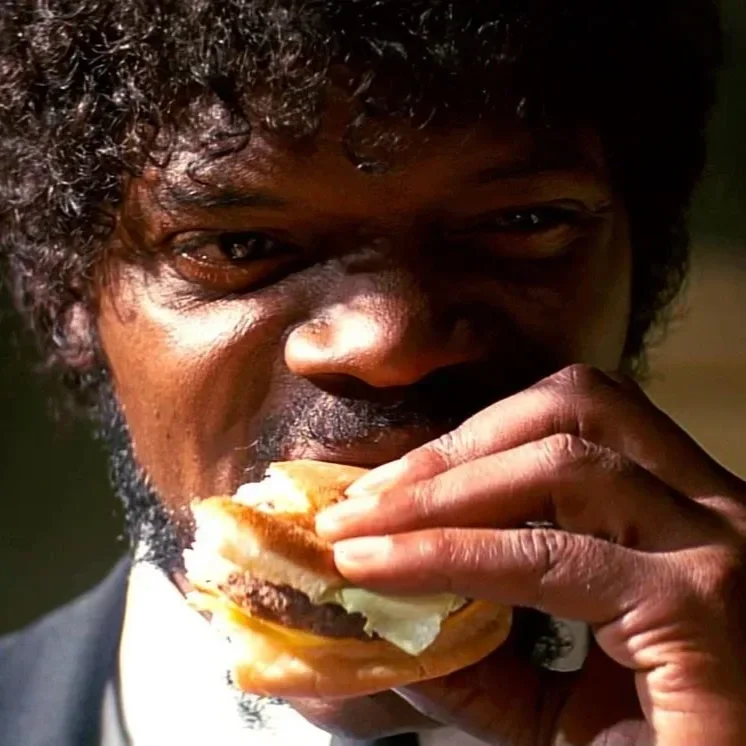Too Quick For His Own Good: Temper And Tension Between Horace Smith-Dorrien And The British Army
In the annals of British military history, General Sir Horace Smith-Dorrien occupies an ambiguous and often paradoxical position. Celebrated for his moral courage at Le Cateau and his early warnings about trench warfare, he was also vilified by contemporaries, bypassed for key commands, and eventually marginalized. Much has been written about his role in the early stages of the First World War and his conflicts with Field Marshal Sir John French, but less attention has been paid to the underlying character traits. Particularly the infamous temper that shaped his career trajectory. Smith-Dorrien’s temper was not merely a personal failing but a deeply embedded moral response to institutional rigidity, and that his unfiltered emotional register, far from being a liability, was a byproduct of his refusal to compromise on matters of soldier welfare and operational prudence. In this way, Smith-Dorrien offers an early case study of how personality clashes within military hierarchies can obscure prescient judgment and ultimately alter the course of campaigns.
Smith-Dorrien’s temper is referenced repeatedly in contemporary accounts, often in dismissive or derogatory terms. Charles à Court Repington, the influential military correspondent of The Times, referred to him as "impulsive and unsound," while others, particularly those close to French, portrayed him as dangerously emotional. Yet beneath this broad-brush caricature lies a more complex dynamic. What is commonly described as temper in Smith-Dorrien’s case may in fact reflect a temperament unsuited to the performative restraint demanded by the upper echelons of Edwardian military culture. British officer conduct at the time prized a kind of equanimous sangfroid that blurred dangerously with indifference. Smith-Dorrien’s unwillingness, or perhaps inability, to suppress his anger when confronted with strategic ineptitude or unnecessary suffering made him an uncomfortable presence among his peers.
Born in 1858 and a survivor of the disaster at Isandlwana in 1879, one of only five British officers to escape the Zulu massacre, Smith-Dorrien came of age in a generation of empire builders who internalized a stoic model of leadership. Yet even early in his career, he stood out for his directness and emotional forthrightness. In letters home, he often commented not just on tactics and logistics but on the fates of the men under his command. During the Second Boer War, his insistence on humane treatment of Boer civilians in internment camps caused friction with his superiors and foreshadowed his later confrontations in 1914-15.
The defining moment of Smith-Dorrien’s career, his decision to stand and fight at Le Cateau in August 1914, illustrates the duality of his temperament. French had ordered a general retreat following the Battle of Mons, but Smith-Dorrien, assessing that his exhausted Corps could not withdraw in good order under pursuit, chose to turn and fight. It was a textbook example of initiative under pressure, and historians now widely agree it helped prevent the collapse of the British Expeditionary Force (BEF). But the emotional delivery of his justification, marked by bluntness, intensity, and a barely concealed fury at French’s vagueness, cast a long shadow. French never forgave the breach of command protocol, and a toxic undercurrent of mutual distrust began to shape BEF internal dynamics.
It is here that Smith-Dorrien’s temper transformed from a character trait into a career liability. French’s own memoirs, though self-serving, repeatedly portray Smith-Dorrien as insubordinate and rash. But this criticism is deeply ironic. Smith-Dorrien’s very prescience, particularly his early advocacy for deeper entrenchments, more coordinated artillery use, and his criticism of frontal assaults, was ignored precisely because it came cloaked in unpalatable delivery. That is, his temperament interfered with the perception of his ideas. As a result, when he objected to the suicidal orders given at the Second Battle of Ypres, he was not commended for his foresight but relieved of command.
What is most surprising, and largely unknown in popular military narratives, is that Smith-Dorrien’s temper was rooted not in ego or ambition, but in a form of moral injury. An unyielding internal protest against preventable loss of life. In this sense, his temperament was not explosive so much as reactive: a consistent emotional response to what he saw as failures of duty among his peers. Recent work by military psychologists, especially in studies of post-combat leadership behavior, has shown that officers with a high degree of moral attunement, a capacity to register ethical dissonance acutely, often struggle within hierarchical systems that prize loyalty over critique. Smith-Dorrien may be one of the earliest and most dramatic case studies of this phenomenon in the modern British army.
It is telling that after his removal in 1915, he was not court-martialed or formally reprimanded, but quietly shelved. He later volunteered to serve in East Africa but was turned down on health grounds. The silence surrounding this phase of his life, combined with the official obfuscation of his role at Le Cateau for decades, suggests not a simple personality conflict but a broader institutional rejection of dissent, no matter how well-founded.
In the post-war years, Smith-Dorrien turned to writing and public advocacy, particularly in the realms of veteran care and officer welfare. His outspokenness continued, but without the structures of military command to suppress or redirect it, it found a more sympathetic audience. His memoirs, Memories of Forty-Eight Years Service, contain flashes of self-awareness about his reputation, but also a sustained critique of the British Army’s failure to adapt to industrial warfare. In an often-overlooked passage, he writes: “To feel anger is no shame. The shame lies in the failure to use it for the betterment of others.” In this one sentence, he reframes temper as a vector for justice rather than a symptom of instability.
In conclusion, the temper of Horace Smith-Dorrien was both the making and the unmaking of his military career. Far from being a simple character flaw, it was an embodied resistance to the mechanized indifference of early twentieth-century warfare. His fate, eclipsed by less capable but more diplomatically inclined peers, should serve as a cautionary tale for how militaries process dissent and emotion within command structures. In the end, his career suggests that a refusal to remain calm in the face of systemic failure may be a kind of leadership more valuable than obedience. The British Army of 1914-1915 was not ready to recognize that truth, but history, perhaps, is beginning to catch up.
Disclosure: This article is an experiment created with generative research tools trained on my previous archive of writing. It relies upon a number of online sources for its original hypothesis as well as the assembly of narrative conclusion. It is an experiment in crafting a detailed set of instructions sufficient to prompt an LLM to generate a topic of esoteric interest based on my own interest in The Anglo-Zulu War of 1879, perform a deep analysis upon these topics, and assemble them into a coherent, informed set of thoughts. I find the results a fascinating means of surfacing new and interesting threads of curiosity. I hope you do too.




































